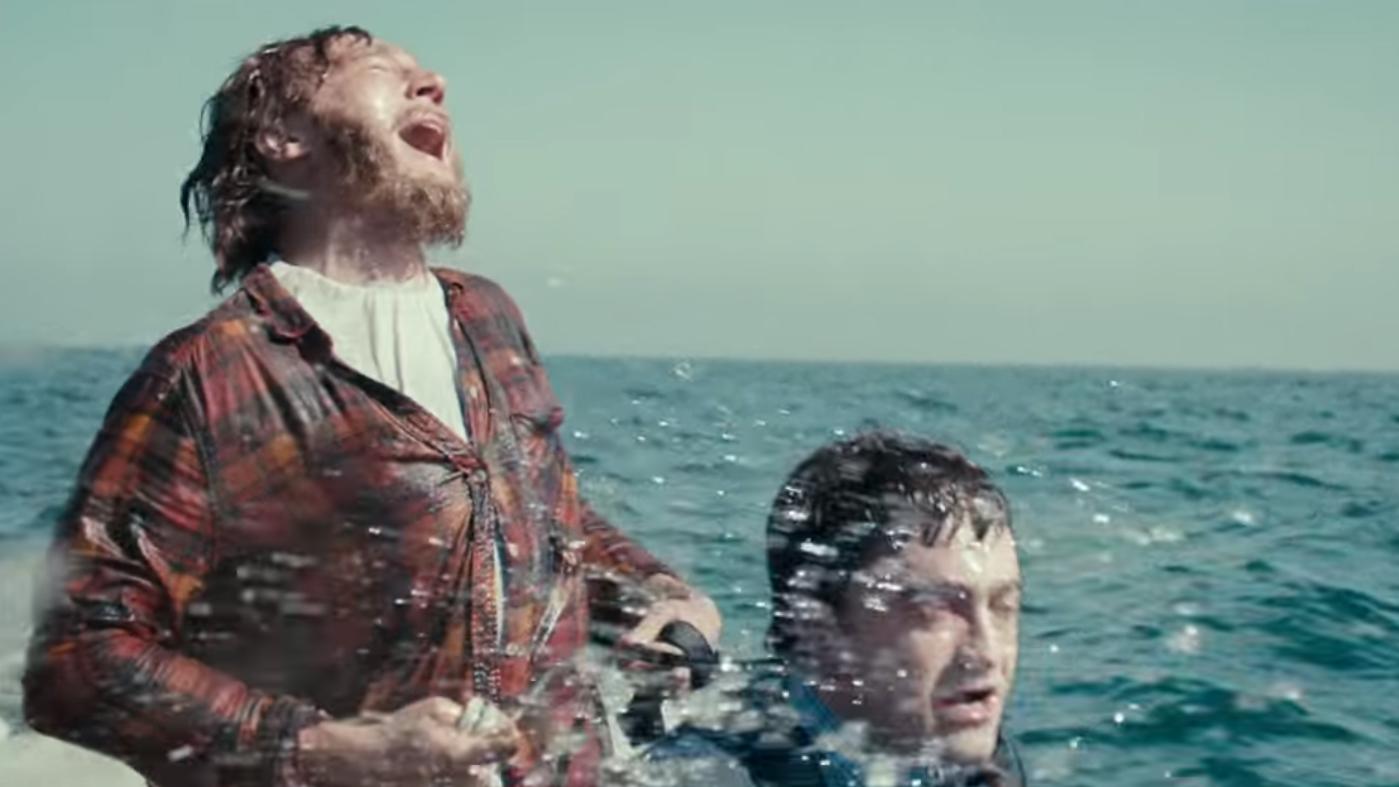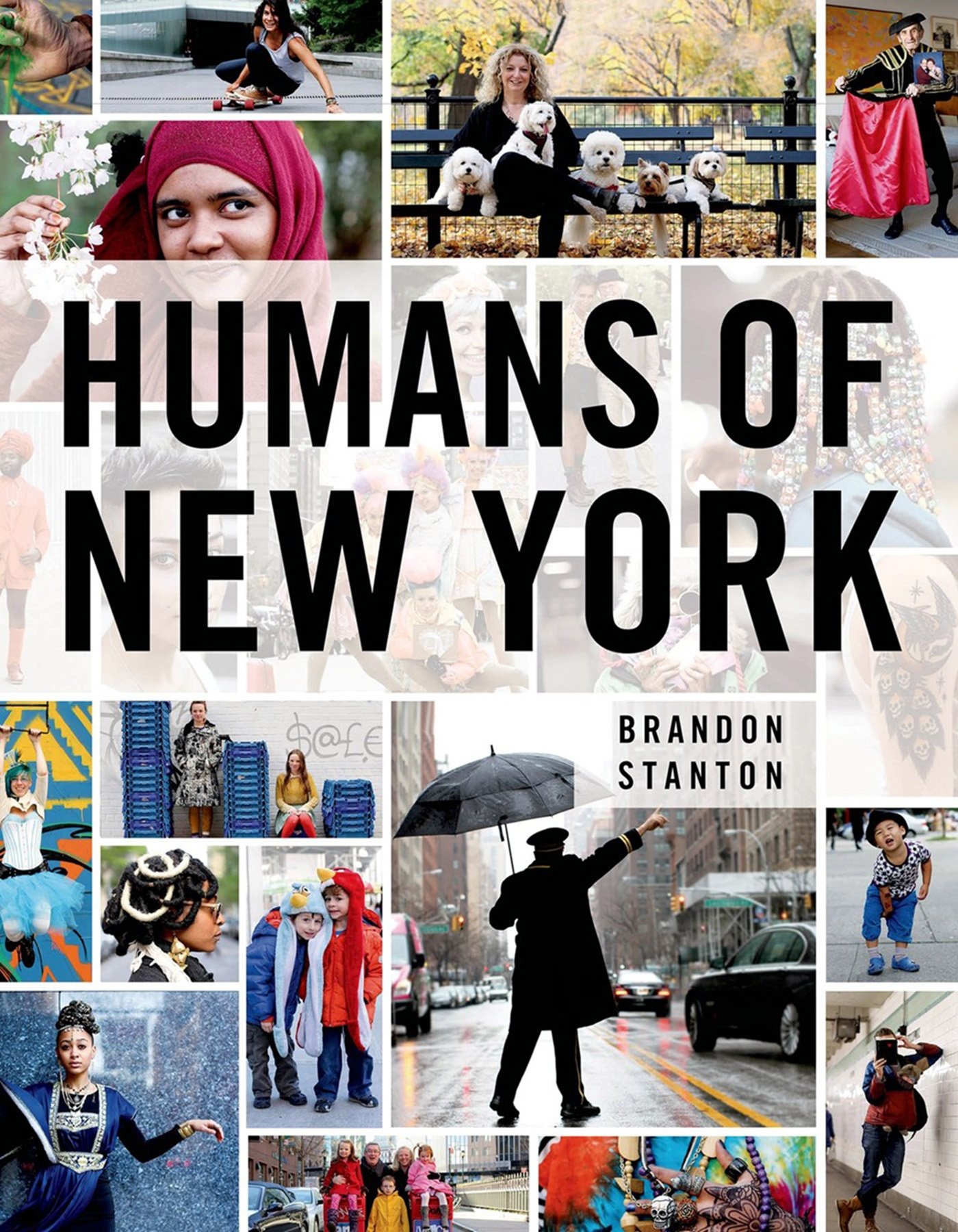Summary: A tale for only the lowest- and highest-brow
intellects, Swiss Army Man sticks its dirty finger on the peeled flesh of raw
human friendship and introduces us to ourselves in all of our fetid charm.
This is a movie with a prodigious amount of farting. And,
yes, I thought most of the farting was funny. And yes, I also thought the idea
of a corpse being ridden as a jet ski was downright hilarious, especially when
Hank pulls down the corpse’s drawers to allow its bare butt to go full-throttle.
Yes, that really happened, and yes, I laughed so hard that a stray French fry remains
lodged in my sinuses to this very day.
In case you haven’t seen the movie, here is a quick,
spoiler-free synopsis: Hank is stranded on an island contemplating suicide when
he sees a male corpse wash up on shore which turns out to be weirdly half-alive
though nearly immobile, and the two develop a friendship as the duo—Hank and
Manny—try to find their way out of the jungle by utilizing Manny’s rigor
mortised limbs as wood choppers and methane-producing, versatile bum as a
jet-ski and fire-starter; leaving plenty of time for Hank to teach Manny about
life, opportunity, love, farting, courage, and fear until Hank finally ends up
exploring his own internal landscape—‘unlearning what he has learned’—and
recognizing his true self as he comes to terms with the reality and/or delusion
(I’m not spoiling it!) of his experiences with Manny which appear to go
back-and-forth between psychosis-lucidity-psychosis-lucidity until Hank
ultimately releases his inhibitions, expresses his desires, and accepts and
affirms himself despite the confusion and possible rejection of his society.
Deep breath.
This movie was a bromance of the highest order with
full-on hugging, dancing, rugged survival, avowals of life-long loyalty, drinking
of torrential spit from each other’s mouth, and a random underwater kiss that
ignited the butt-farting (again) and saved their very lives. Farting. Vindicated.
The question many might ask themselves upon finishing the
movie is best phrased by one of the character’s exclamation upon an encounter
with this strange scenario, “What the fuck?” We in the theater all nodded our
heads in agreement with this sincere and apropos question. There was no overt
answer to the question in the movie, but I believe that there is a strong point
to the movie though it degenerated quite willingly into complete and utter
nonsense at times. But despite this decoy, it returned to its motifs with a
more solid punch for every twist.
This story of a man and his corpse explores two themes:
1) bro friendship, and 2) self identity.
1) Bro Friendship
Manny: “If my best friend hides his farts from me then
what else is he hiding from me, and why does that make me feel so alone?”
Many men aren’t comfortable with their feelings for their
homies. Back in the day, Arabs consummated deals by placing their hands
curiously close to the other party’s ball-sack. Socrates and his ilk had no
problem proclaiming love for their brethren by wrestling naked. Aristotle went so
far as to say that a friend is “a second self.” Christianity’s Apostle Paul—St.
Homophobe himself—declared that men should “greet each other with a holy kiss”
(with the understanding of course that “the tongue should lie dormant in such
blessed mouthing lest his Lordship Caesar should learn of it and want to ‘get
up on it’” (I Thessalonians 19 something). Walt Whitman made male bonding even
more socially acceptable by cloaking it in his reverence for Lincoln and a Grizzly
Adams persona by which he became widely considered as a man’s man with “ne’er a
proclivity towards ass-washing.” That brings us right up to the era of buddy
films like Good Will Hunting and Lord Of the Rings. The rest is history and
mostly legal: guys can like guys, and guys can really like guys.
So it’s all cool, bro-love, right? Well, not yet
apparently. People of the modern age are in general still struggling to
understand their complex natures, not to mention complicating that search for
identity with the multiplied problems of fathomless dimensions of societal relationships
with other fucked-up people. If it takes a lifetime or more to “know thy
fucked-up self” as Socrates put it, it will take many more lifetimes to “know
thyself in the context of other fucked-up selves.” But we don’t have much time,
and life gets thick, quick. Guys aren’t always sure about how to connect best
with other people, not to mention other people with penises. Watch Fight Club. And
for the record, girls aren’t sure about these things either. Watch Bridesmaids.
And everything in-between. There, I don’t think that oversimplifies things at
all.
Manny: “Girls must be so nice to let guys do all these
things to them.”
When we say ‘bro’ most people probably refer to males,
but the word ‘bro’ is a reference to a type of friend-relationship that is like
family and ideally unselfish. Bros are bros to bros who don’t need them because
they have a gaping hole to fill (just in case you didn’t catch that….no pun
intended). Bros need bros to just be bros and nothing else. Bros are there when
the going gets tough, and bitches be bitchin, and bastards be bastarding.
Sometimes a guy (gender neutral) just needs another guy (gender neutral) to be
a friend and not require them for ulterior motives or sexual intimacy.
In a nut-sack, that’s what the whole bro thing means. We
all want to have at least one pure friendship with loyalty and love that’s not about—what
Manny referred to as—“boobs, vaginas, butts.” Or penises for that matter
(“Manny, I think your penis is guiding us home!”). Or any of the other parts of
the body that human erotica transmogrifies into something to lick or ejaculate on.
Bromance is about keeping things completely Platonic so that both parties are
bringing something to the table, and leaving each other alone at the end of the
day. It’s not sexual, or parental, or dependant, or enabling, or parasitic, or
domineering. It is true, secure friendship of separate selves.
Manny: “I'm scared because I fear if I die I might really
miss you.”
Hank: “Oh you're the worst.”
So, this film is NOT about farting. Merely. I mean, it’s
definitely about farting, but it’s not JUST about farting. There’s more. Lot’s
more.
2) Self Identity
Manny: “Oh God I'm disgusting. My body is disgusting.”
Homo Sapiens are gross. And not even in the immoral sense
always, but just in the ‘plain nasty’ sense. Movies, meta or method as they
often are, still cannot quite approach the metallic taste of reality. Our
Victorian puritanistic toilet paper and pretended virginal innocence to our
rank crevices and odors are much more absurd than anything in this movie, and our
false-piety is a complete denial of our physical grotesqueness, office gossip, barstool
confessions, church hypocrisy, and political selfishness. Oh, we are mostly
fine being oblivious to ourselves. Joseph Campbell— that great mind that
unified myths and stories from around the world and condensed them down into recognizable,
recurring themes—believed that even our most horrific stories seldom wish to
plunge into the inhumanity of our existence. “Generally we refuse to admit
within ourselves, or within our friends, the fullness of that pushing,
self-protective, malodorous, carnivorous, lecherous fever which is the very
nature of the organic cell.” We’re gross.
And because we are disgusting, and because we don’t like smelling our
own excrement, we mold our excrement into devils, ghosts, zombies, hitlers,
trumps, step-parents, cool kids, and Teletubbies. According to Campbell, the
ogres in our stories are “reflections of the unsolved enigmas of our own
humanity.”
But is critical and necessary that we come to terms, to
some extent, with our humanity and inhumanity. We must, at some point, explore
our dark places if we are ever to find our way. The poet W. S. Merwin wrote
that all light gathering leaves are the direct result of roots saturated with
darkness, and that humans must grow by “touching the darkness of their whole
story from which their leaves open.” The coexistence of beauty and ugliness,
good and evil, love and hate, life and death has fascinated people throughout
history. Why? Because we can’t seem to escape our fears and filth which dwell
side-by-side with our most wholesome traits and cherished hopes. This is so
damn hard to admit to ourselves. So we shroud our self-confession in story
which helps to soften the blow by a forced, though unconscious, dissociation. Cognitive
dissonance and dissociation can be a healthy defense against the bombardment of
pessimism and nihilism, but it must be transcended frequently for the sake of a
unified self and an honest look at our situation which affords an opportunity
to change things for the better.
That’s why farts. Cuz us.
There may be a Nietzschean flare to this whole caper. Friedrich
Nietzsche’s character, Zarathustra,
sympathetically carried around a friend’s corpse for a while in Thus Spoke Zarathustra until he came to
the conclusion that he was finished with “corpses, herds, and believers” in
favor of companion-creators. Jesus himself told his followers to “let the dead
bury the dead” as a way of embracing a life free from the dead-weight of
people-problems (what a dick). Moving on from the corpses—dead-ends and
fruitless appendages— of our lives is certainly a recurring archetype in many
cultural narratives. But the larger arc of this story would indicate that the
‘adventures of Hank and Manny’ is a simple story of friendship, even if a tad
apparitional at moments. Their world’s rules often seem to change from one
scene to another, but the writers are under no obligation to be consistent. “A
foolish consistency is the hobgoblin of little minds” (Emerson). Come at me.
Manny: “I have a lot of questions about all the things
you just said.”
It is, on the surface and near the bottom, a story about a
bro being allowed to love a bro. Hank’s neuroses prevent him from enjoying
masturbation, being able to accept his mother’s death, expressing his feelings
of affection, and farting in front of people. He doesn’t know himself or accept
himself. But his stiff friend changes all that. You can watch the film to
discover if Manny is real or just another Wilson (from “Castaway”), but the scenes are clearly illustrative of how friends
accept each other, mirror back to each other traits that only a friend can
disclose, provide a safe place for the risk of exposure, become each other’s
compass when lost, wipe each other’s tears, drink each other’s spit, and accept
each other—farts and all. Well, most of that.
We are a lot of things to each other including resource,
support and reflection. We are each other’s Swiss Army Men and women. We bring
each other to life.
“My name’s Manny and this is my best friend Hank. I used
to be dead and he brought me back to life.”



